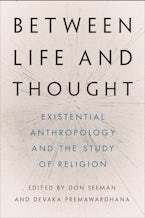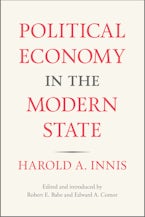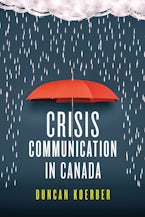In traditional semantics, the human body tends to be ignored in the process of constructing meaning. Horst Ruthrof argues, by contrast, that the body is an integral part of this hermeneutic activity. Strictly language-based theories, and theories which conflate formal and natural languages, run into problems when they describe how we communicate in cultural settings. Semantics and the Body proposes that language is no more than a symbolic grid which does not signify at all unless it is brought to life by non-linguistic signs.
Ruthrof reviews and analyses various 'orthodox' theories of meaning, from the views of Gottlob Frege at the beginning of the twentieth century to those of theorists in the postmodern period, then offers an alternative approach of his own. His theory features 'corporeal semantics,' and holds that meaning has ultimately to do with the body and that the meaning of linguistic expressions is indeterminate without the aid of visual, tactile, olfactory, and other bodily signs. This approach also remedies what Ruthrof sees also as a loss of interpretive will in the postmodern era.
Pedagogy in many fields could be enriched by a systemic integration of non-verbal semiosis into the linguistically dominated syllabus. Those involved in discourse analysis, literature, art criticism, film theory, pedagogy, and philosophy will find the implications of Ruthrof's study considerable.











